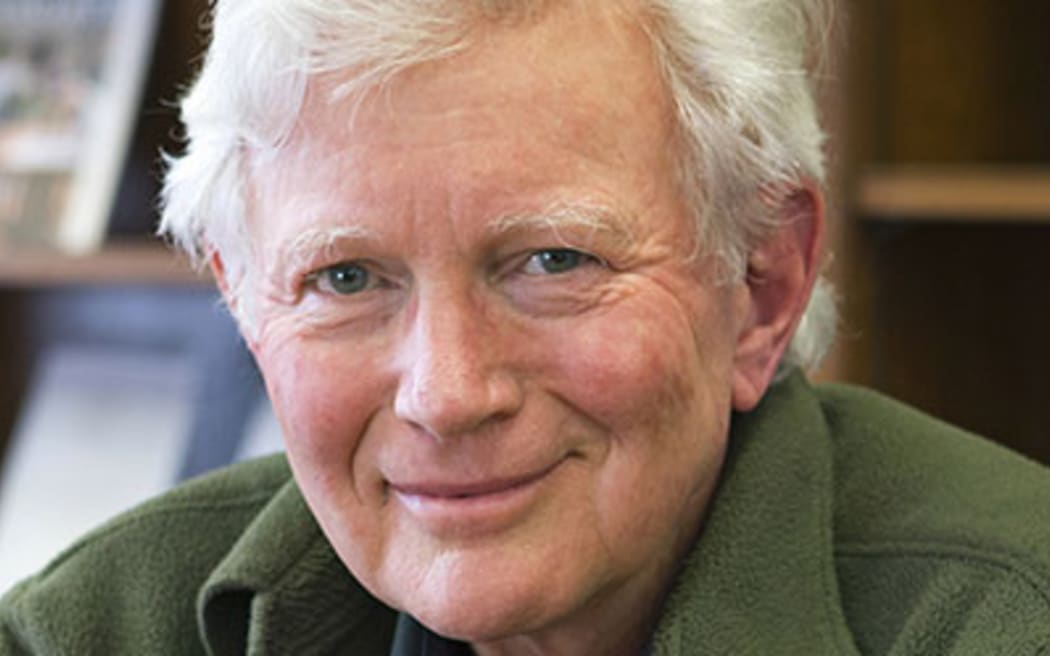Modern children and teenagers are less free than their counterparts have ever been, according to a leading psychologist.
Dr Peter Gray says that while smartphones and social media often get the blame for alarming rates of rising anxiety and depression in teenagers, this trend pre-dates the internet.
His theory, outlined in a piece in The Journal of Pediatrics, is that children are less free now than they have ever been. This lack of unsupervised play is the root cause of the rise in mental disorders, he says.

Photo: 123rf
“Children are less free today than children have, as far as we can tell, ever been, with the exception of children who were enslaved or children who were in intensive child labour.
“Anthropologists who have studied children around the world, to historians who've looked at the history of play and modern cultures, all agree that children are being deprived of play today in ways that simply has not been true in the past.”
In his article, he says children today are more or less micromanaged all the time.
“The initial correlation that drew my attention is the fact that this rise in anxiety and depression, and heaven forbid suicide, even among young people, is not just recent, this increase has been going on now for several decades, it well precedes the time of the internet.
“The beginning of the rise in mental disorders among young people began really and this is data from the United States, around 1960 and began to accelerate in the 1980s.”
There has been a more or less continuous increase in mental disorders among children over the last five or six decades, he says.
“Over this same period of time, it's very well-documented, there has been a continuous decline in children's freedom to do things on their own, including to play independently of direct adult control, but also the ability to move around in the neighbourhood and in the city on their own and with friends, the ability to have part-time jobs, the ability to do all kinds of things that children in the past have done.”
There are further correlations showing children whose parents are most restrictive of them are those most likely to suffer from anxiety and depression, he says.
Children affected detrimentally by this deprivation of free play range in age from 4 to 18, he says.
“In the United States, I can say with confidence that a typical 12-year-old or 13, or even 14-year-old today, is not allowed to do what I could do when I was five.
“I could ride my bike anywhere in town, I could go off by myself and with friends, I certainly walked to school to kindergarten and so on and so forth, at least in the United States and in much of Europe.”
In much of the rest of the developed world, children are not allowed to do these things anymore, he says.
He defines play as having four characteristics: It is self-chosen and self-directed, it's intrinsically motivated, is always structured but by children and it is always creative.
Self-directed play is "how children learn to be and take initiative, it's how children learn to create their own activities and direct their own activities".
Intrinsically-motivated play is play that you're doing because you want to, "you're not doing it for some reward outside of itself, you're not doing it for a grade, a gold star or a trophy for praise from somebody to pad your resume.”
In self-structured play, play is always structured by the children themselves, he says.
"Play is how children learn to structure things, when children are playing something, they're not just randomly doing something, they're not randomly piling up blocks, or just acting silly, they're behaving in accordance with some guidelines in their heads of what they're playing out.”
In creative play, "play has rules, but the rules never specify precisely what you have to do at any given step - that would be called ritual.
“Play always has these rules that are guidelines to play but at every move in play, you are creating that move.”

Peter Gray. Photo: Caitlin Cunningham
Another very important aspect of play is the right to quit, he says
“The right to quit makes play the most democratic of all activities. When children are playing together, they agree to play. And they play as long as they are all happy playing.
“But if you're not happy playing, because there's no trophy on the line, because there's no adults who are going to get mad at you or be disappointed with you, if you quit. if you're not happy, you quit.”
So, what are some possible solutions? The world can’t turn back the clock, he says, but there are strategies available to educators and parents.
“We need to create situations where children can congregate with other children in situations that are safe enough that parents perceive them to be safe enough, that the parents themselves don't have to be there.
“But there's some adult there are maybe more than one adult there who are there just for safety. They're there like lifeguards on an ocean beach, they're there to make sure that nothing terrible happens.”
There are trials in schools for this type of lightly supervised play, he says.
And in some neighbourhoods in the US parents are collaborating so that children can be “shooed” from the house.
“Let's have somebody out there, not all of us, but somebody out there just for safety in the neighbourhood.
“In some of the cases that I'm aware of it's a grandparent who is out there, who has time, who has a kind of an easier approach with kids then parents tend to have and that way the kids are out there, and they've got somebody to play with.
“If you, just all by yourself, as a parent shoo your kid outside the problem is there's nobody to play with.”
If children have other children to play with, they will, he says.

